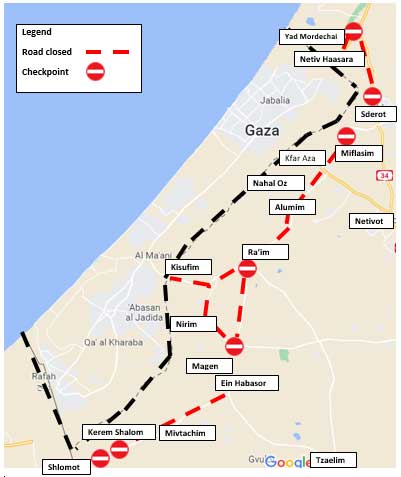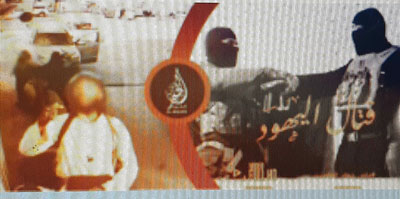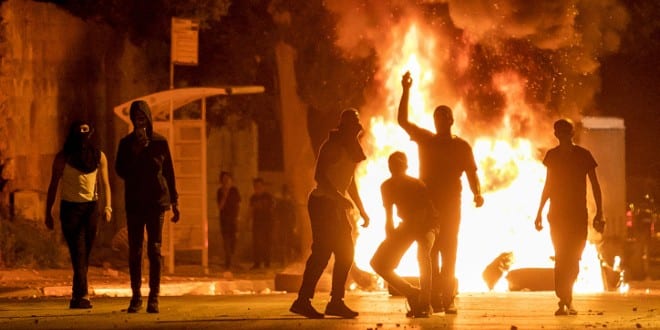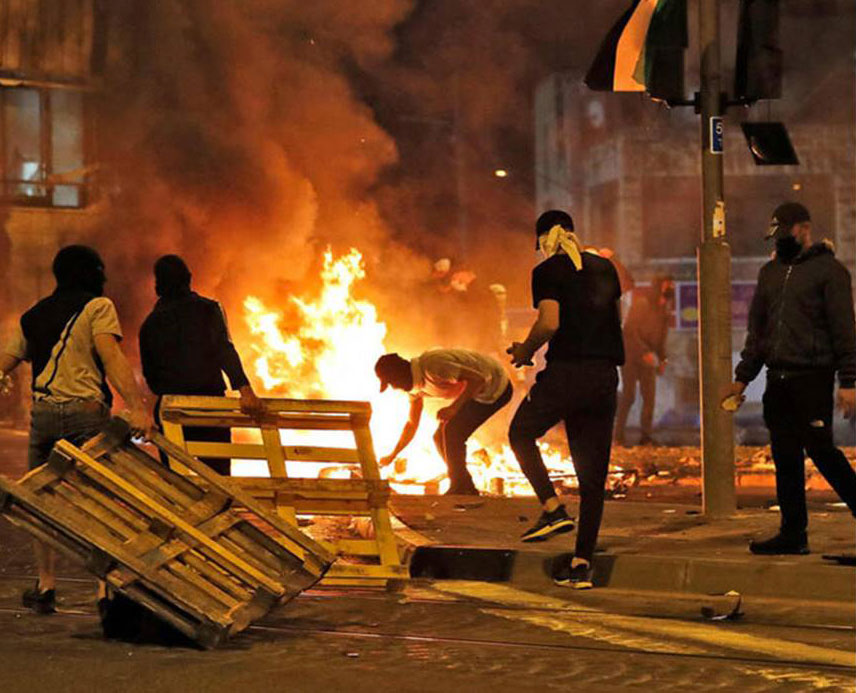The word Hamas in the Hebrew Bible
חָמָס
Hamas, in the Old Testament in the original Hebrew, appears more than 25 times. It means violence, cruelty AND robbery.
HAMAS first appears in Genesis after the fall of Adam and Eve WHEN SIN ENTERED the world.
Genesis 6:11: “Now the earth was corrupt in the sight of God, and the earth was filled with Hamas” (violence).
Genesis 6:13: Then God said to Noah, “the end of all flesh has come before Me; for the earth is filled with Hamas” (violence).
In Ezekiel, Hamas appears in connection WITH the fall of Satan:
Ezekiel 28:16: “By the abundance of your trade you were internally filled with Hamas (violence,) and you sinned. Therefore, I have CAST you as profane from the mountain of God and I have destroyed you, O covering cherub.”
More scriptures with the Hebrew word Hamas:
Exodus 23:1: “You shall not bear a false report; do not join your hand with a wicked man to be a Hamas (malicious) witness.”
Isaiah 53:9: “His GRAVE was assigned WITH THE RICH…Because he had done no Hamas (violence) nor was there any deceit in his mouth.”
Isaiah 59:6b: “Their works are works of iniquity, and ACTS of Hamas (violence) ARE in their hands.”
Psalm 11:5: “the Lord tests the righteous, but His soul hates the wicked and the one who loves Hamas” (violence).
Psalm 18:48: “He delivers me from my enemies. You also lift me up above those who rise against me; from the Hamas (violent) man.”
Psalm 25:19: “Consider my enemies, for they are many; and they hate me with Hamas (cruel) hatred.”
Psalm 74:20: “for the dark places of the earth are full of the haunts of Hamas (cruelty).”
Habakkuk 2:17: “for the Hamas (violence) done to Lebanon will overwhelm you, and the devastation of its beasts by which you terrified them, because of human bloodshed and Hamas done to their land, to the town and all its inhabitants.”
Zephaniah 1:9: “In that same day I will punish all those who leap over the threshold, who fill their master’s house with Hamas (violence) and deceit.”
Ezekiel 7: 23: “Make the chain, for the land is full of bloody crimes and the city is full of Hamas” (violence).
Ezekiel 45:9: “Thus says the Lord God, enough, you princes of Israel, put away Hamas (violence and destruction), and practice justice and righteousness.”
Amos 3:10: “But they do not know how to do what is right,” declares the Lord, “these who hoard up Hamas (violence) and devastation in their citadels.”
Other scriptures include:
Psalm 58:3, Proverbs 3:32, Proverbs 8:36, Prov. 10:6, Micah 6:12
In conclusion:
Isaiah 60:18: “Hamas will not be heard again in your land.”
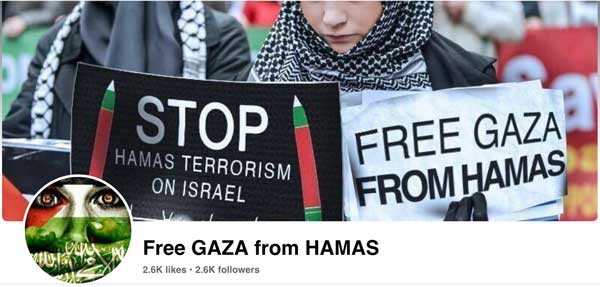
A Facebook page – it came up when we googled “Hamas Free” – there were many other sites. You can see that those holding the signs are Muslim. The presence of these sites demonstrates that this war is not about “land” or “Israel v.s. the Palestinians/Gazans”. It is Israel and the Palestinians/Gazans against Hamas!
